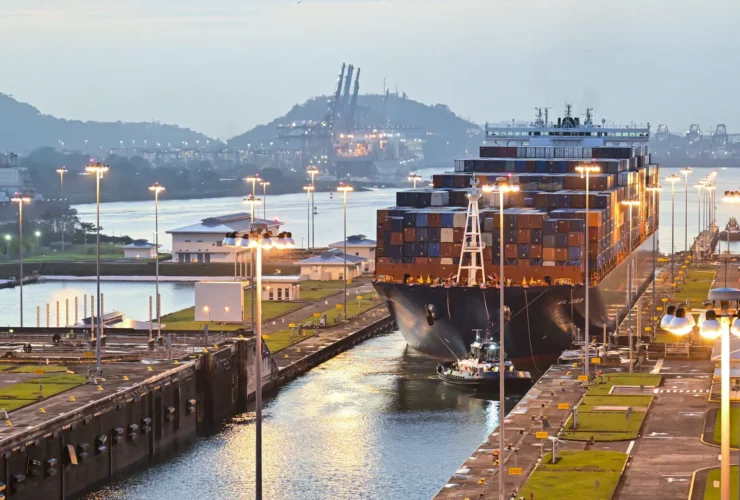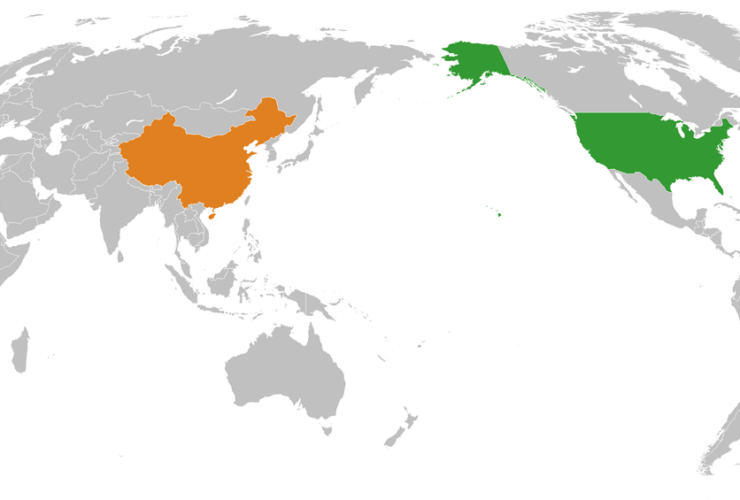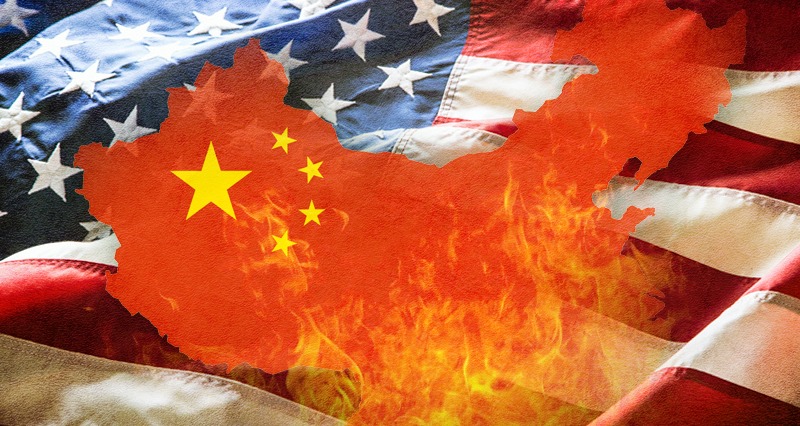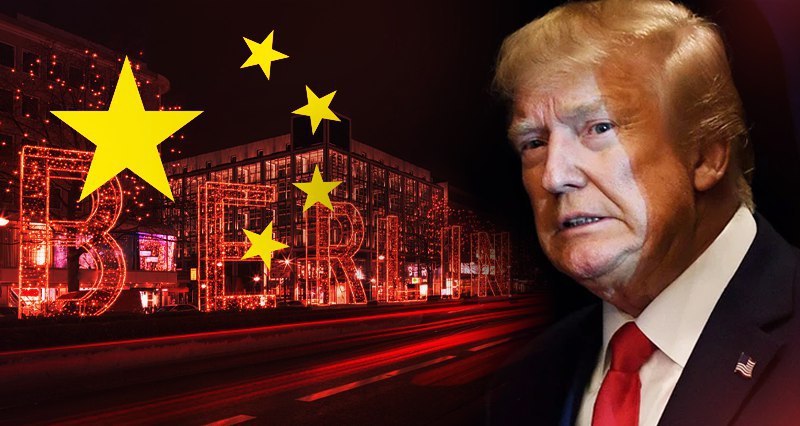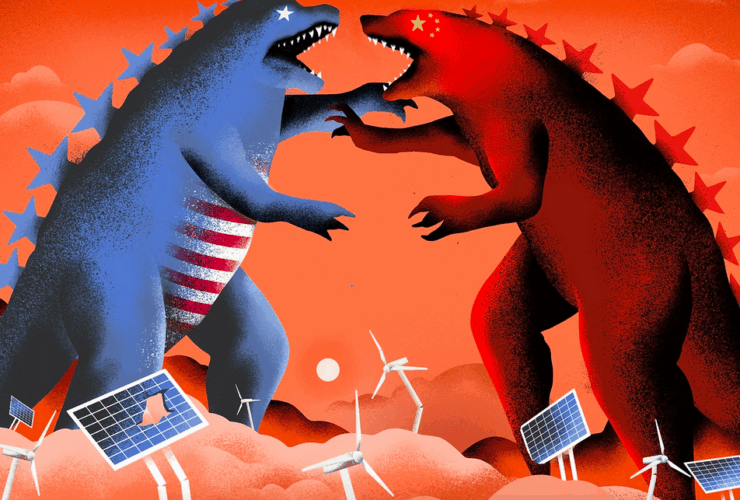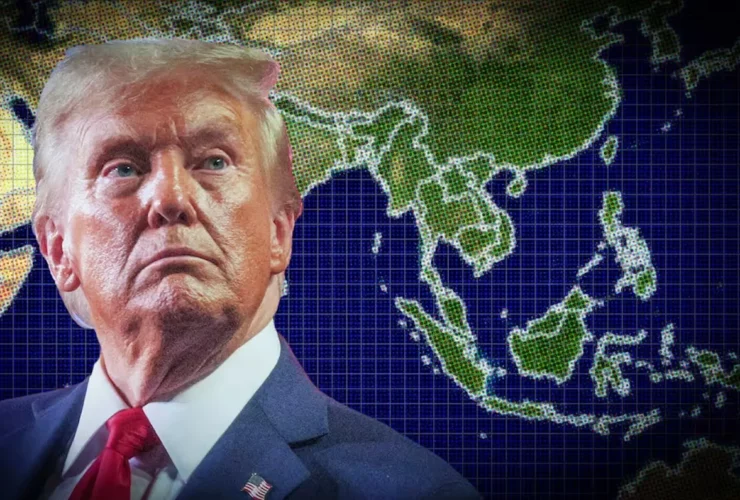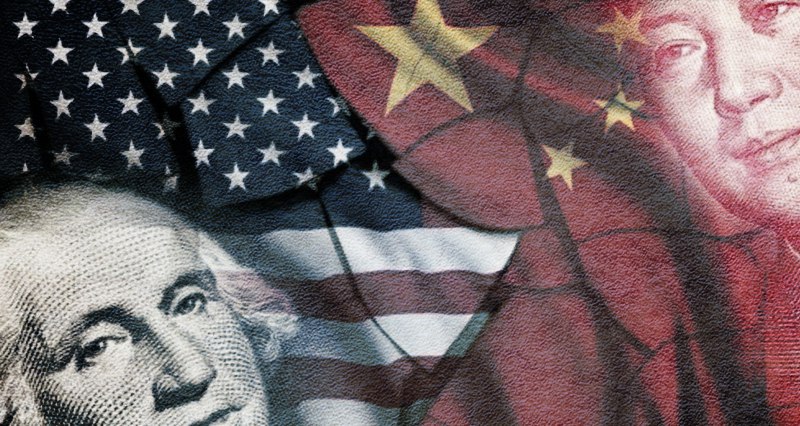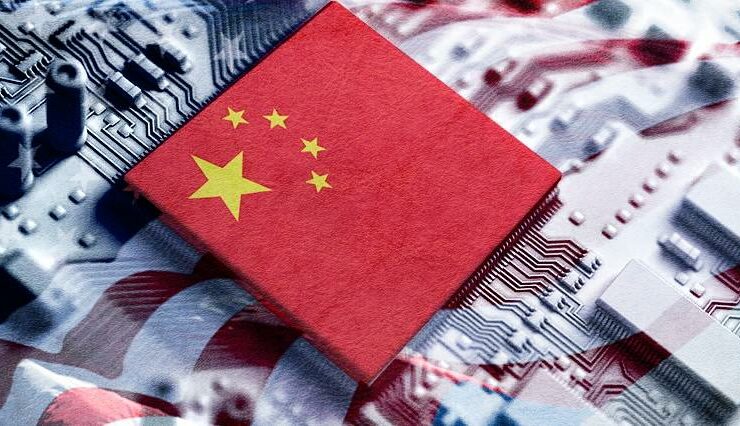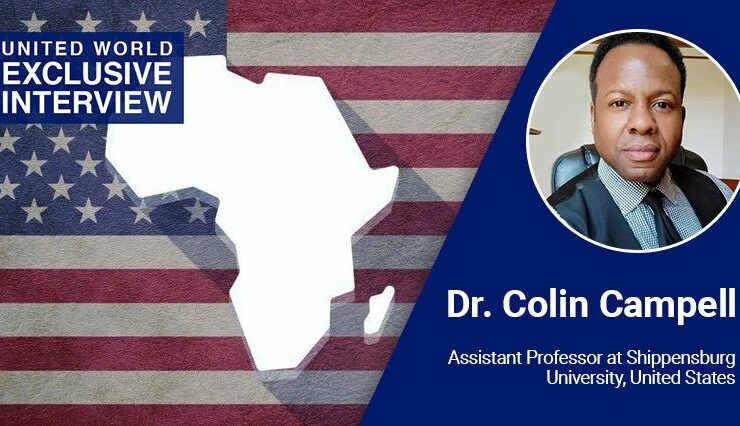By Dr. Fernando Esteche The decision by Panama’s Supreme Court to annul the concession that allowed CK Hutchison to operate the Cristóbal and Balboa ports on the Panama Canal represents the culmination of a geopolitical operation executed with surgical precision. The ruling by Panama’s highest court is not an exercise in independent judicial sovereignty but rather confirmation that Panama remains ...
By Orçun Göktürk, from Beijing / China A new bill submitted to Congress in the US clearly demonstrates the stage Washington’s containment strategy against China in the Pacific has reached. According to the proposal, the US will negotiate new free trade agreements with Pacific Island countries; it will eliminate tariffs on certain products and deepen economic relations. The rationale is ...
By Orçun Göktürk, from Beijing / China With Donald Trump’s return to the global stage, the U.S. foreign policy strategy has shifted away from its long-proclaimed mission of defending so-called “freedom and democracy” toward a period entirely oriented around American interests -a new “era of the best deals.” At the heart of this change lies Trump’s “America First” doctrine, which ...
Dedicated to the Heroic Guerrilla, Commander Ernesto Che Guevara, on the 58th anniversary of his passing into immortality After reading a recent article by former Russian President Dmitry Medvedev, I was left thinking about a phrase he said: “Trump has once again entered an alternate reality…” With the unique irony that has characterized him in recent years and that has ...
By Mehmet Enes Beşer The race in clean energy technology between the United States and China is gathering pace—and increasingly it’s being fueled by an avalanche of subsidies. With billions flowing in from both sides on batteries, hydrogen, electric cars, and solar panels, the world is witnessing a new age of industrial policy—albeit not about guns or oil but windmills, ...
During the last decade of the last century, following the collapse of the Soviet Union and the end of the Cold War, the United States set out to find a new enemy to serve as a pivot for reorganizing its foreign and military policy. Initially, it found one in drug trafficking. After September 11, 2001, it added terrorism as an ...
In 2011, long before entering active politics, Donald Trump tweeted that China was the enemy of the United States and that his goal was to destroy it. He later asserted, “On trade, the Chinese are cheats.” A year later, in 2012, he commented, “The concept of global warming was created by and for the Chinese to make US manufacturing uncompetitive.” ...
By Orçun Göktürk from Beijing / China On September 22, 1985, the United States hosted its allies within the “capitalist bloc” at the Plaza Hotel in New York. The main objective of the meeting, attended by West Germany, Japan, France, and the United Kingdom, was to reduce the value of the excessively overvalued U.S. dollar—particularly against the Japanese yen and ...
Many people may think that the conflict between the United States and China is recent and that characterizing it as a “trade war” helps explain its essence, but neither is true. Exalting this confrontation within the framework of these two particularities leads to analytical errors and, to a greater extent, flaws in understanding the phenomenon and erroneous conclusions about it. ...
By Orçun Göktürk, Beijing / China “The best thing to do now is to declare war on Taiwan. Because Trump once said he would impose a 100% tariff on China if we did so. But the current rates are way higher than that. At least this way, we would reunify with Taiwan and also reduce tariffs…” The above comment was ...
By Mehmet Enes Beşer As the United States ramps up its rhetoric about China being the “preeminent geopolitical and technological rival,” a familiar but flawed narrative is once again dominating Washington’s policy discourse: that America’s challenges in innovation stem not from internal fragmentation, but from China’s rise. This storyline, amplified by figures like Michael Kratsios—recently nominated as Director of the ...
By Hend Selim Dr. Colin Campbell, Communication and Culture Assistant Professor at Shippensburg University in Pennsylvania, talked about the future of the American policy toward Africa under Donald Trump’s administration. How do you expect the future of the American policy toward South Africa, especially in the light of the last developments? The future of U.S. policy towards South Africa (SA) ...







